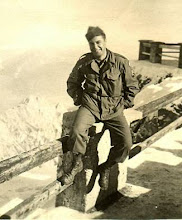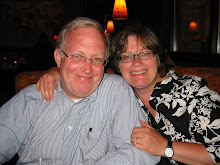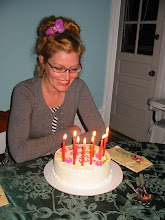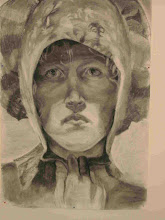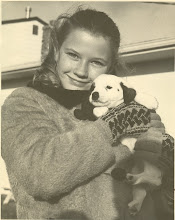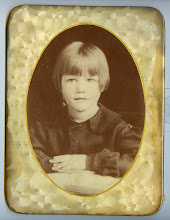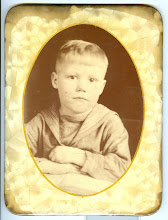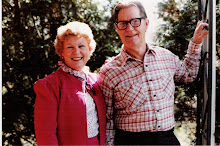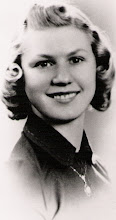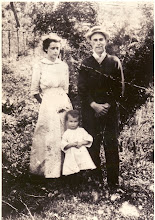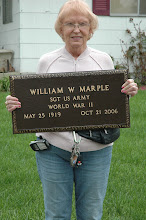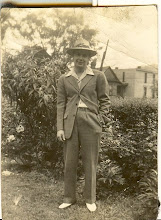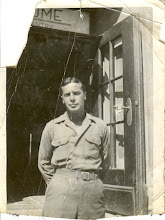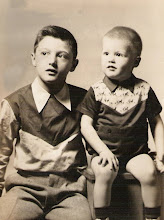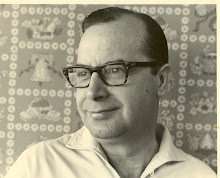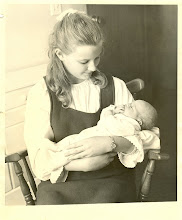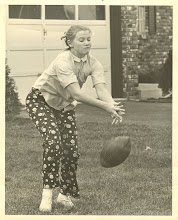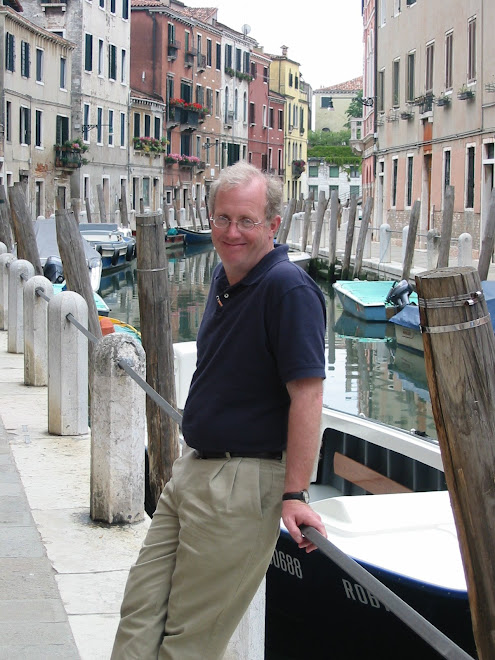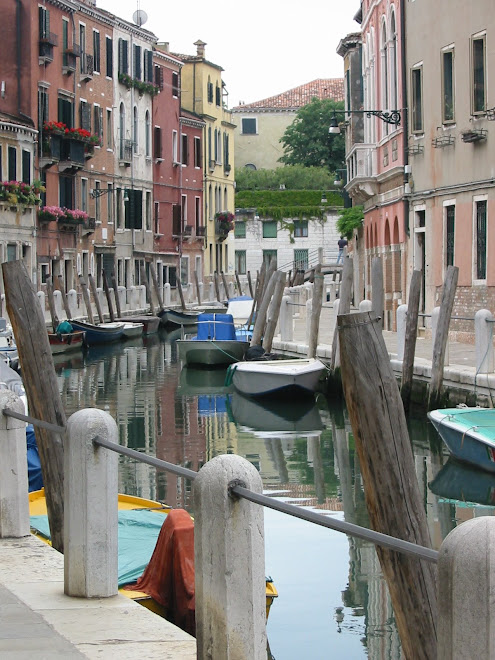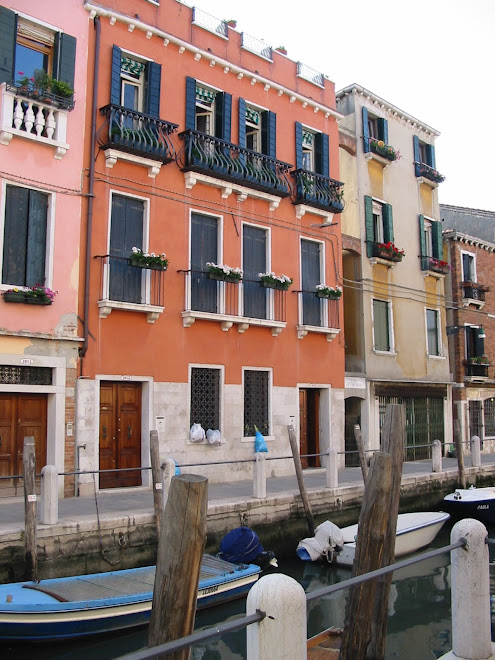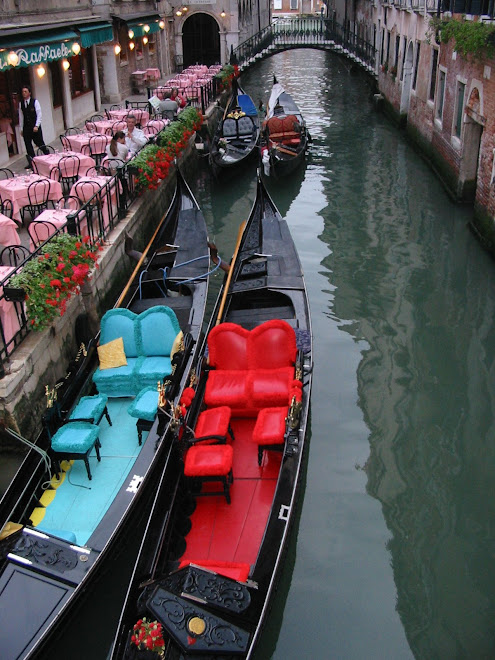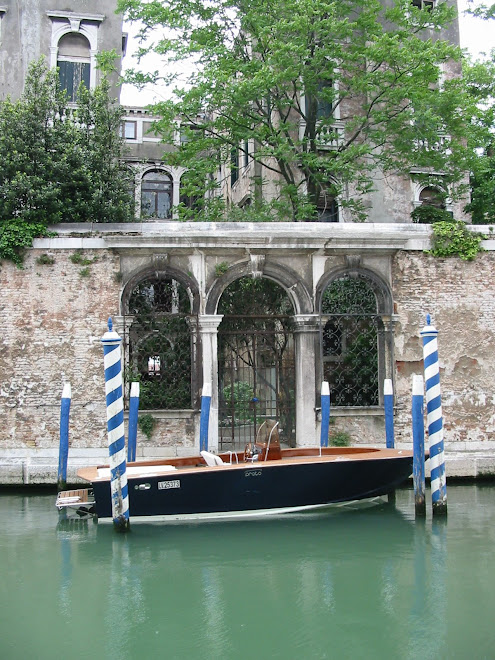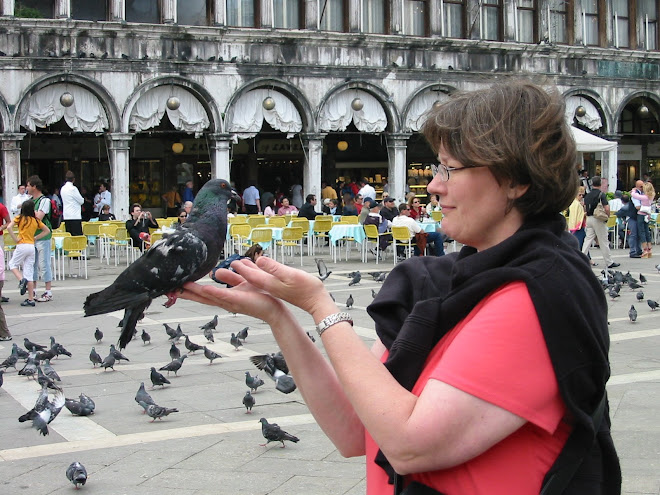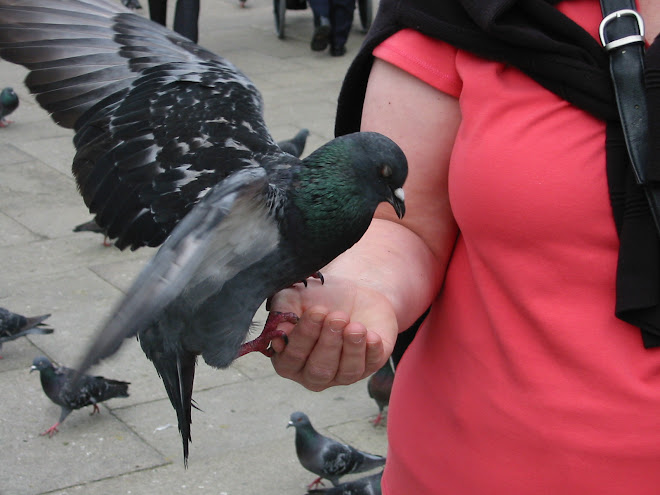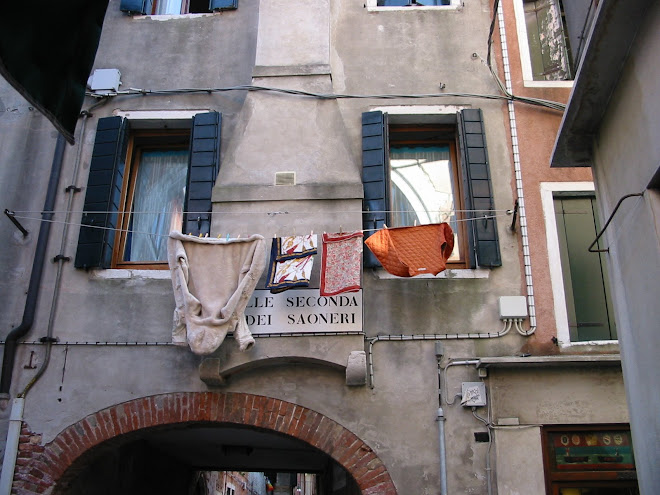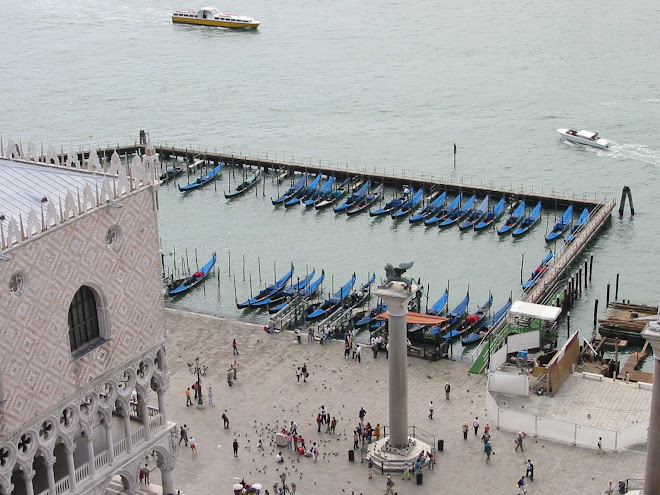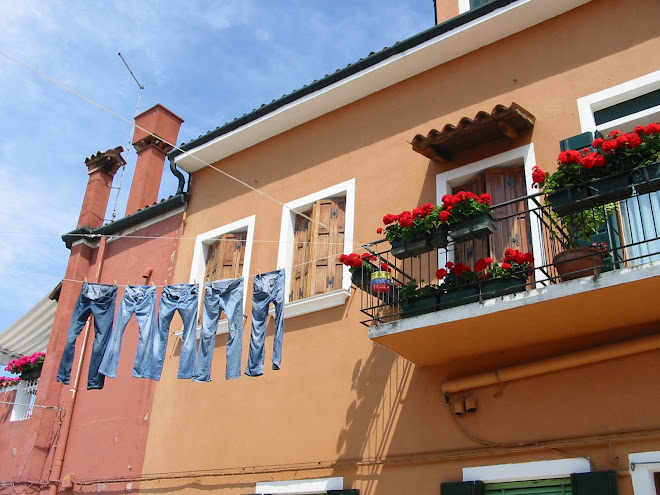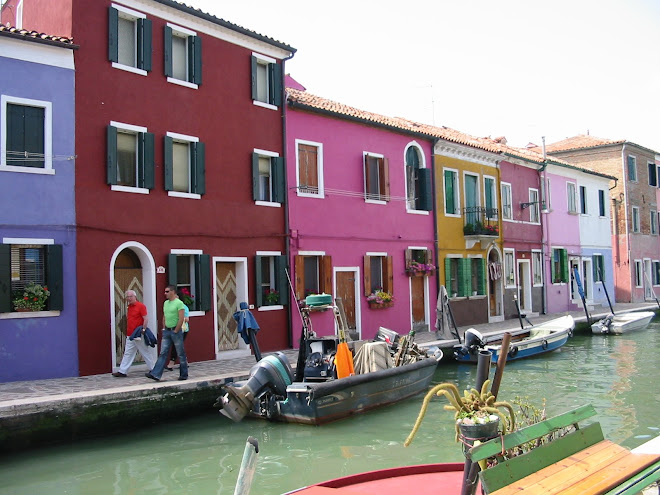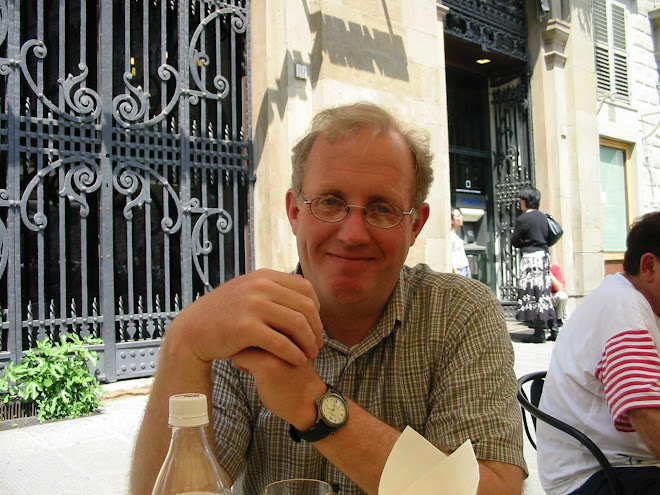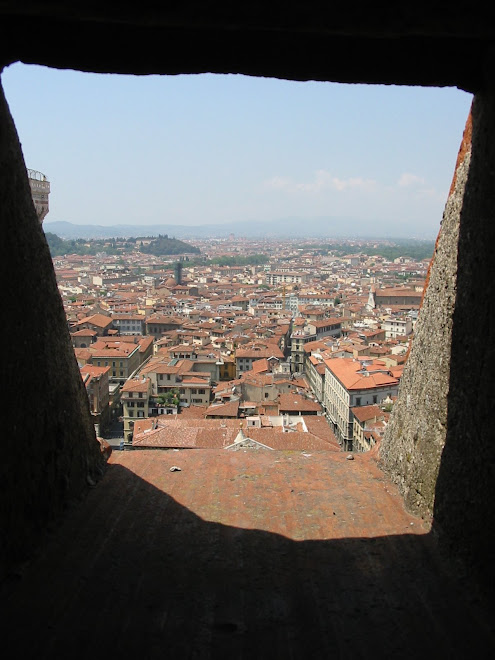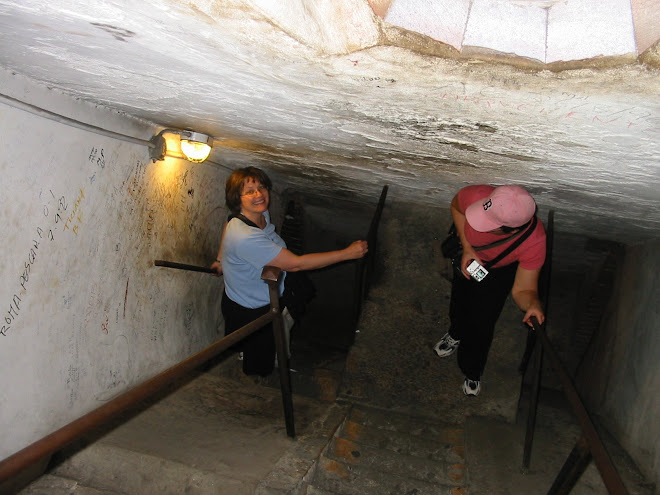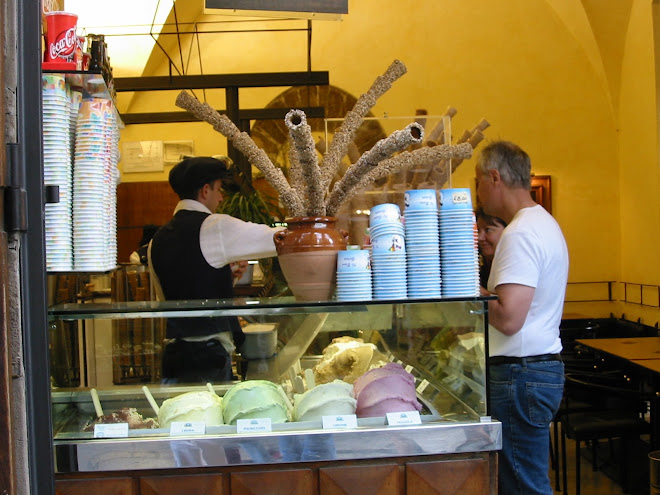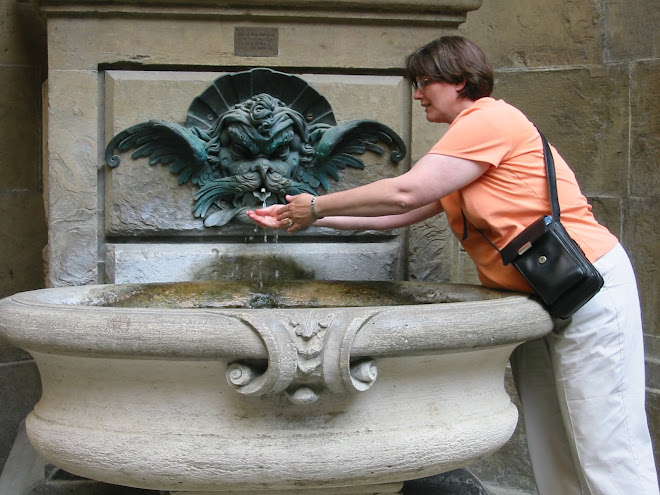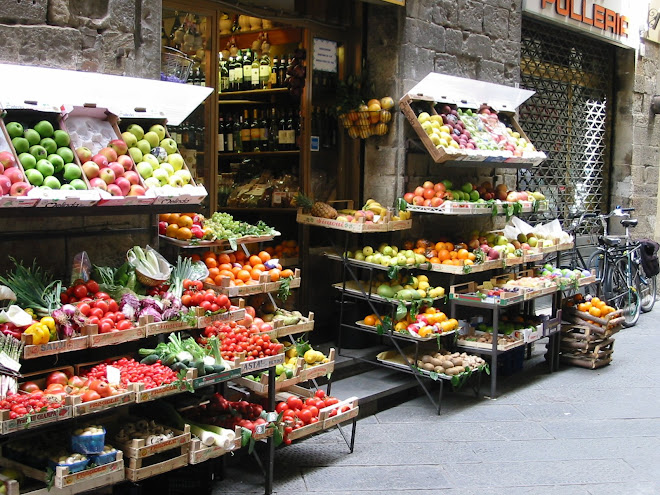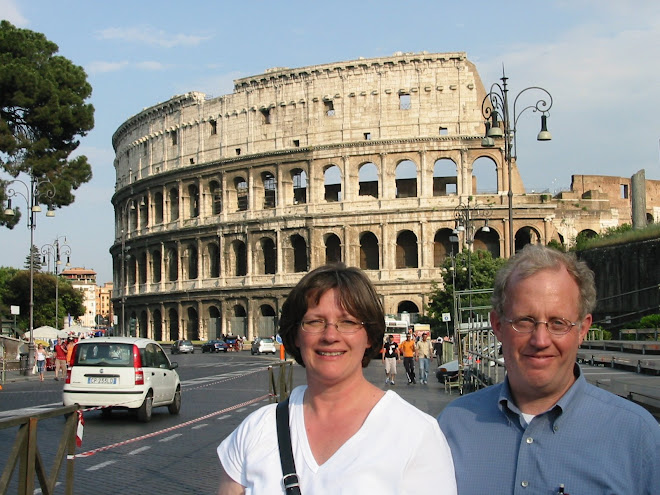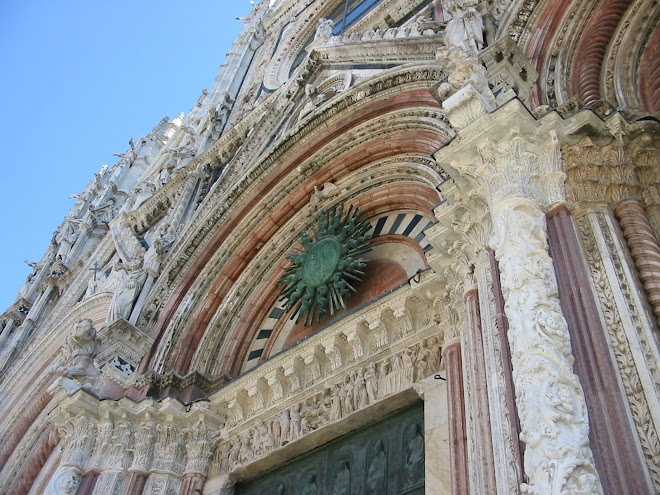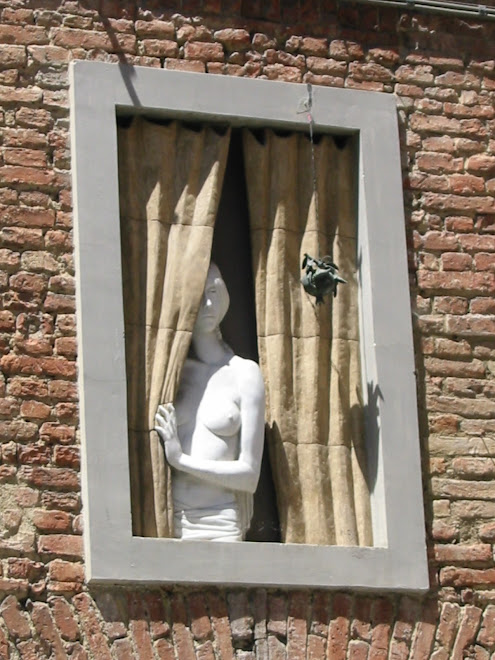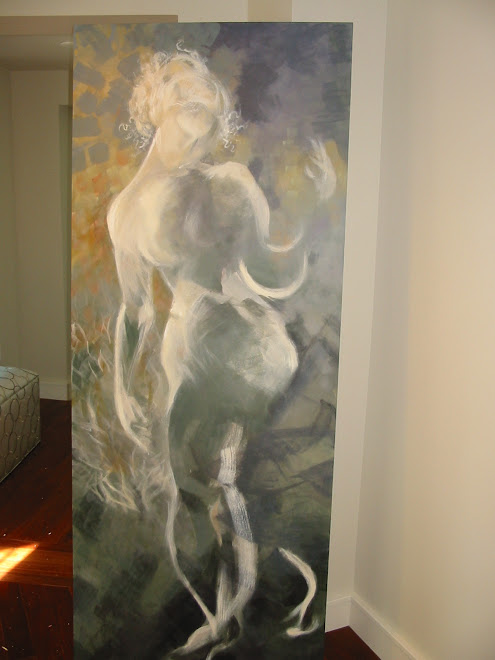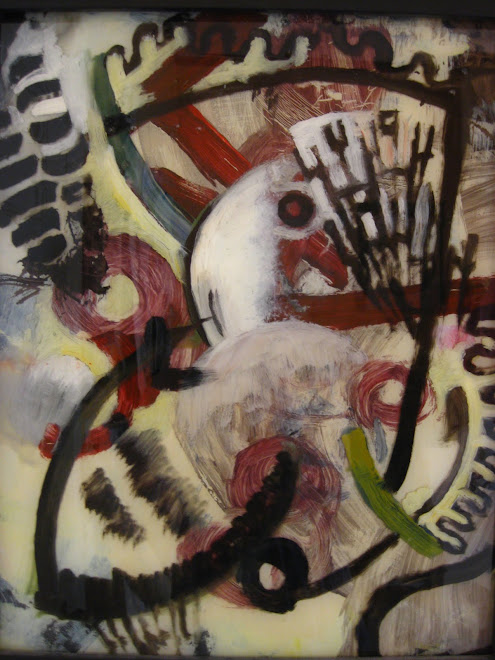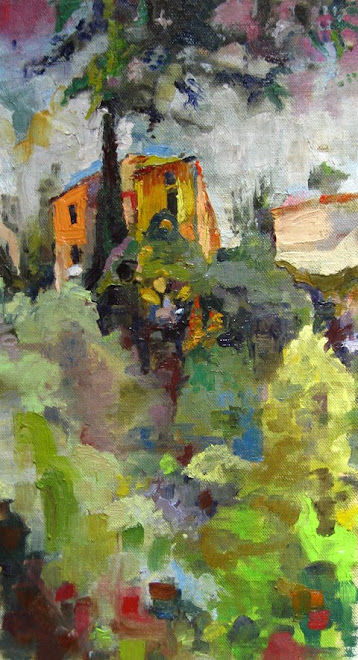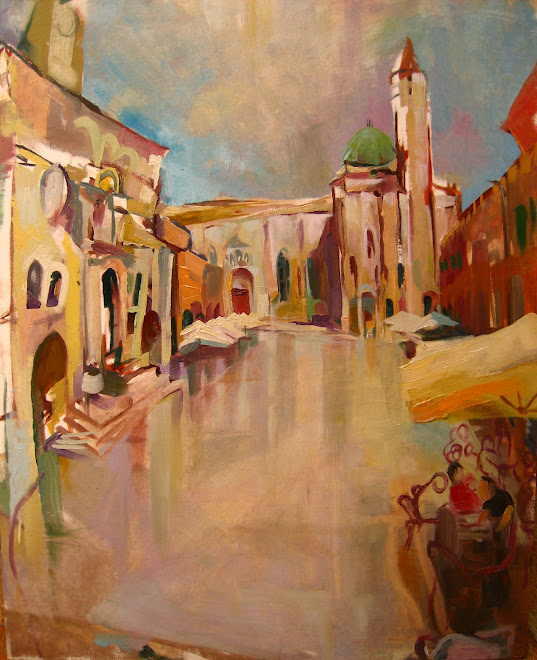This next entry was written by my brother Jon. It's the third entry in his series, "Letters to Geddy." Geddy is his grandson. This is about the Marple line that goes back to Wales. I'm really glad that Jon took the time to write this and he gave me permission to post it on my blog.
LETTERS TO GEDDY
BY JON MARPLE
PART THREE
23 Dec 2010
Our earliest tracings of the Marple family tree takes us back to old England to a town appropriately called Marple and its neighbor, Marple Bridge. The town sits in north central England near a larger city, Stockport, which is part of the Manchester complex. Mary and I visited there several years ago and found Marple Bridge a charming picture perfect English cottage town. A Roman built bridge connects Marple and Marple Bridge. Marple is more of a business-industrial complex and Marple Bridge is the bedroom community across the bridge.
When Mary and I visited Marple, England we did a little research on the family. The first thing we found out was that there are not many Marple's in Marple, because they hot-footed out of town in the 1650’s, after the local nobleman had a set-to with Oliver Cromwell, who pretty much ran England at the time.
Sister Mollie, who is the genealogist of the family replacing our mother as such, believes that one “David of Marpole” was in charge of the stables of the local noble family, the Bradshawe’s. Since the Bradshawe family had a small army to defend their turf, that probably was a fairly big-deal job of keeping up with tens if not hundreds of horses and probably the armament of those horses and riders as well.
The Bradshawe family during this period consisted primarily of three brothers. The first, Henry, was Lord of the manor and the second, Frank, as was the custom at the time, was Henry’s to command, as the number two heir. But the most interesting of the brothers was the third, John, “…Marple’s Most Famous Son.” (Here I thought I was the most famous…Oh yeah, that’s infamous, but I digress.)
Tradition has it that John Bradshawe, while in grammar school, wrote the following prophetic lines upon a gravestone:
My brother Henry must heir the land,
My brother Frank must be at his command,
Whilst I, poor Jack, will do that
That all the world shall wonder at.
And the world, at least the English world, did stand in wonder before “poor Jack”.
John Bradshawe became a lawyer and then a judge who was the Lord President of the Court which tried and sentenced King Charles I to death on January 27, 1649. John’s signature was the first on the death warrant. In 1650 he was made the Chancellor of the duchy of Lancaster and held the highest public office in England. He and Oliver Cromwell were best of political friends but their relationship turned rocky when Oliver, with visions of grandeur, dissolved the English Parliament in his attempt to become “Lord Protector of England.” When John Bradshawe stood firm in his objection to the Cromwell dictatorship, he incurred the wrath of Cromwell. This is roughly the modern equivalent of getting on the bad side of Nancy Pelosi if you were a junior congressmen from Alaska in today’s political field. In fact, some of you may be of the opinion that dissolving our Congress would be a very good idea for our mutual protection and you may be right, however, England was a Parliamentary form of government and Cromwell wanted to make it his own little fiefdom, so we believe that the families old benefactor, John Bradshawe, as well as our ancestor David, were on the right and properly moral side of this particular political equation, although Cromwell did succeed in crushing Parliament for a year-and-a-half.
There is some evidence that about this time, “David…of Marpole” fled Marple after a skirmish with Cromwell’s Army. David and ten others left, poste haste, to Llandridod, Wales. This was probably about the time near John Bradshawe’s death in 1659.
Bradshawe’s last public statement was a strong protest against the action of the army and Cromwell when Oliver C again dissolved that pesky Parliament in 1659. John died shortly after, of natural causes, in that very year at the age of 57 and was buried with full honors in Westminster Abby. In 1661, by order of the new King, Charles II, his body was dug up and hanged at Tyburn, his head was cut off and displayed in Westminster Hall, apparently for years along with the others that had signed the death warrant of Charles I. His head was displayed above the seat where he had presided at the trail of Charles I. I think Charles II was sending a none too subtle message about folks that mess with the King. And you thought we played blood politics in Washington today! No, back in those days, the boys really played hardball.
As mentioned, it was during this period of time that David, and it would appear to be a wise decision considering the fate of John Bradshawe, left Marple and headed for about a 2-year stopover in Wales before shipping out for America.
In our trip to Marple, we also found out the locals had quite a sense of humor. We paid a visit to the local town hall to gather some genealogy information. I announced that I was Marple from American and that I would be mayor of Marple for the day and should be address during the entire day as Mayor Marple of Marple. Without missing a beat, the secretary-receptionist kept on typing and proclaimed, “That is soooo like you Americans, just on the scene and taking over.” Well, I guess so. It was a lot of fun and the folks from Marple were very kind and receptive, even after being put in Cromwell like restraints by the new mayor.
From Marple, Mary and I went to Llandridod, Wales. This is where the David Marple family high tailed it after leaving Marple, England. We visited there as well. This is a charming community. We stayed in the nicest hotel in town, which was probably about a three star by our standards. The people were really helpful and we asked the concierge to help us find any Marple people in town. Apparently, word got around that we were there and inquiring about Marple’s in the area and like an alien looking for adoption …a Marple fella showed up in the hotel bar. The hotel staff didn’t tell us about him waiting in the bar to see us, however. We were told the next day, but the staff didn’t want to embarrass us because this fellow was an “agrarian” and not very presentable and in their view couldn’t possibly be a relative of ours. Apparently, he needed a lot of dental work. So not many Marple’s in Llandridod either, but the clan used this spot to gather themselves and as a launching pad to the Promised Land.
David and the others sailed away to what is now Philadelphia and secured a land commission from William Penn (I think the Bradshawe’s may have had something to do with that) and founded Marple Township, PA. David was reputedly the first Baptist minister in the Philadelphia area and founded the first Baptist church there as well. I haven’t been to Marple Township, but brother Dean tells me that it is now a rather upscale community.
These early Marple’s were brave and courageous people. Can you imagine leaving everything with all the risk attached to go to an unforgiving, untamed and wild land to live? It would be as scary as central D.C. today. With David and his wife Jane and the others I am sure there was much fear of the unknown. The trip alone, across the north Atlantic, killed many a person.
To give you a sense of what that must have been like, I want to share with you a written record as recorded by the keeper of the records of the Plymouth Colony, based on the account of William Bradford, the Governor. The year is 1620, not so many years before David & Jane Marple and their family landed in the New World. Governor Bradley tells us what it was like leaving everything that you knew and loved and sailing away, knowing that you would never see your loved ones and friends ever again. Here is the Governor’s story about their departure, probably not so unlike the Marple families feeling of joy and fear:
“So they left that goodly and pleasant city of Leyden…but they knew that they were pilgrims and stangers…and looked not much on these things, but lifted up their eyes to Heaven, their dearest country, where God hath prepared for them a city (Heb.XI, 16), and therein quieted their spirits."
When they came to Delfs-Haven they found the ship and all things ready, and such of their friends as could not come with them followed after them, and sundry came from Amsterdam to see them shipt, and to take their leaves of them. One night was spent with little sleep with the most, but with friendly entertainment and Christian discourse, and other real expressions of true Christian love. The next day they went on board, and their friends with them, where truly doleful was the sight of that sad and mournful parting, to hear what sighs and sobs and prayers did sound amongst them; what with tears did gush from every eye, and pithy speeches pierced each other’s heart, that sundry of the Dutch strangers that stood on the Key as spectators could not refrain from tears. But the tide (which stays for no man) calling them away, that were thus loath to depart, their Reverend Pastor, falling down on his knees, and they all with him, with watery cheeks commended them with the most fervent prayers unto the Lord and His blessing; and then with mutual embraces and many tears they took their leaves of one of another, which proved to be the last leave to many of them.
Being now passed the vast ocean, and a sea of troubles before them in expectations, they had now no friends to welcome them, no inns to entertain or refresh them, no houses, or much less towns, to repair unto to seek for succour; and for the season it was winter, and they that know the winters of the country know them to be sharp and violent, subject to cruel and fierce storms, dangerous to travel to known places, much more to search unknown coasts.
Besides, what could they see but a hideous and desolate wilderness, full of wilde beast and wilde men? And what multitudes of them there were, they then knew not: for which way soever they turned their eyes (save upward to Heaven) they could have but little solace or content in respect of any outward object; for summer being ended, all things stand in appearance with a weather-beaten face, and the whole country, full of woods and thickets, representing a wild and savage hew.
If they looked behind them, there was a mighty ocean which they had passed, and was now as a main bar or gulph to separate them from all the civil parts of the world.”
That’s what the Marple family faced in the new world. What courage by them to give all of us\ the wonderful blessings of being born in this great land. Never forget that America is that “…city on a hill,” for all the world to see as the pinnacle of freedom and democracy. So many people now want to make this another failed country. Let’s hope and pray and work toward keeping America that great shining light for all the world to use as their beacon of freedom that our ancestors risked so much to place us here.
From Philadelphia, our line of the family migrated to Winchester, VA, where there are many Marple families still there. Winchester is a beautiful apple farming area. From Winchester they migrated to West Virginia where I was born in 1940. We moved to Columbus, Ohio when Dad when off to the army and my mother and I moved in with Pap-Pap, my maternal grandfather. From Ohio, where my brother Dean and sister Mollie were born, as well as my children, the family has gone all over the country and the world, but you know that since none of you are in Columbus, are you?
As a footnote, we believe that some of those Philadelphia Marple’s moved to the New England area as well as Virginia. A few years ago the oldest living Harvard graduate was a Marple that had moved to the Seattle area. He was, no doubt, a distant relative. I met him in Seattle once since he had founded and published a very well received daily business report for the area called the “Marple Business Letter."
I am sending this to you on December 23, 2010, for a special reason. Today is your great-grandmother’s birthday. Helen Ruth McKinney Marple was born in 1919 and died of heart problems when she was only 70. She would have been 91 today. For those of you her knew her, you knew her to be loving and loyal, feisty and confrontational, strict yet compassionate, intelligent and opinionated and always….always, an interesting if not controversial character. But that is a story for another time and place.
Lovingly,
Grandfather Marple aka “Pops”
For more information about Marple, England visit www.marple-uk.com as well as other Internet sites that you can Google about Marple and Marple Bridge, England.
I want to thank Mary, Nana, for her wonderful edits on this and the other stories. This is very much her writing as well as mine. It is always a good thing to have the girl genius on your side.
Dean and Mollie are so helpful as well. Mollie in particular took up our mother’s life-long genealogy work and made it her own. We all should be very grateful for that. Thank you, Mollie.
And, of course, Dean is the photo-man. All of the pictures I have attached come from his extensive photo shop library. Future photos will no doubt be from Dean as well.
So thank you, little family. This is all for you and your offspring.



















